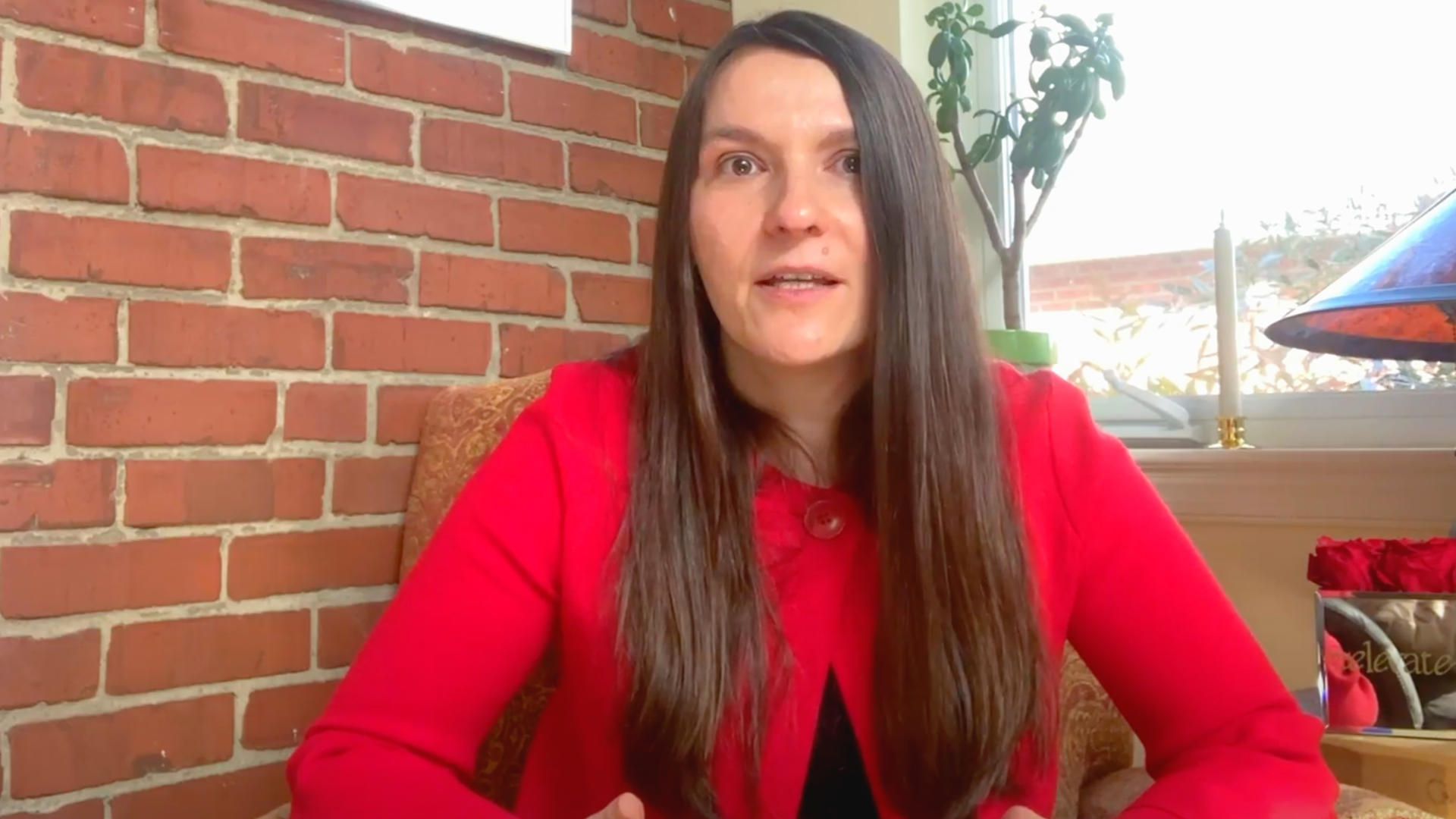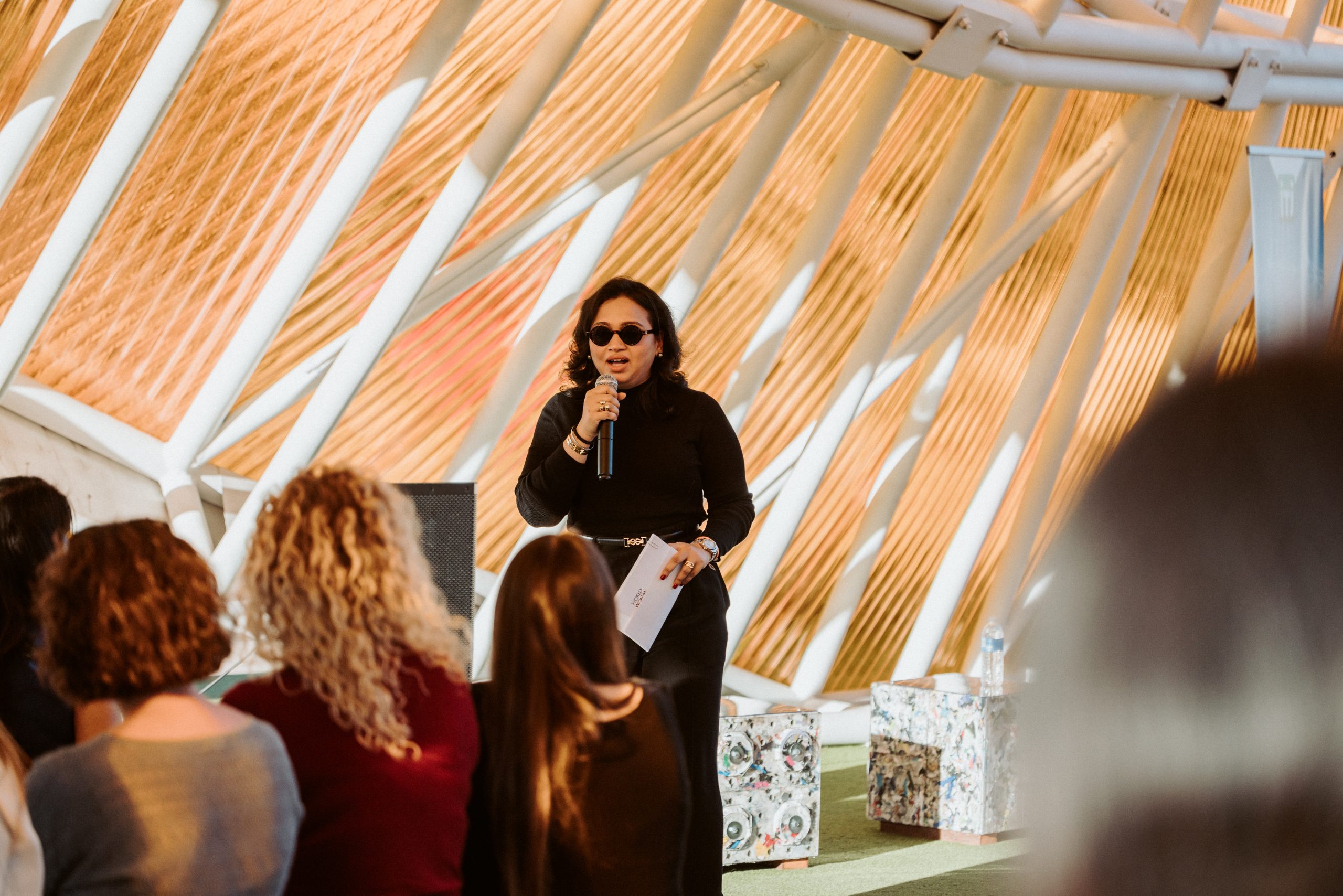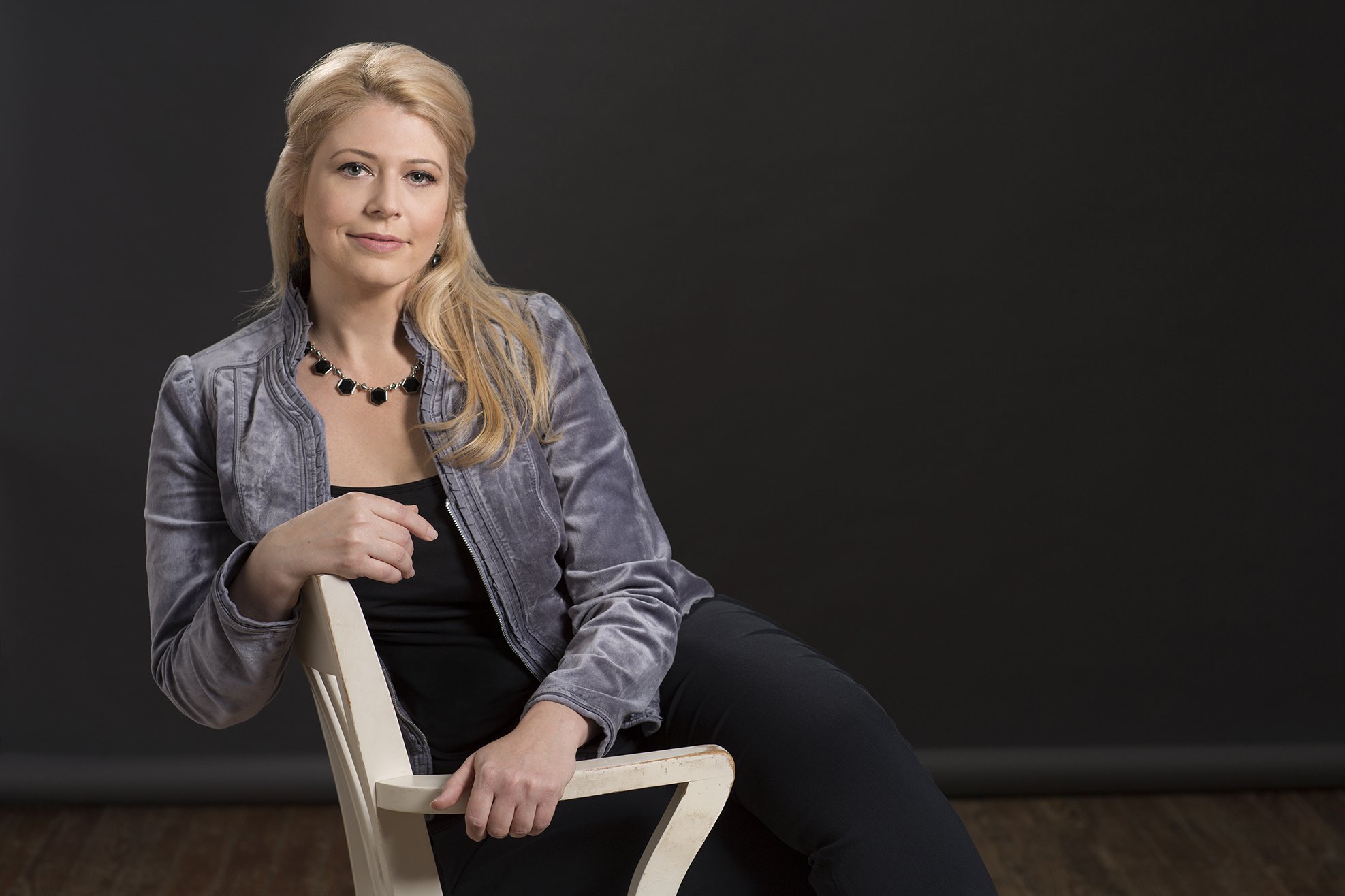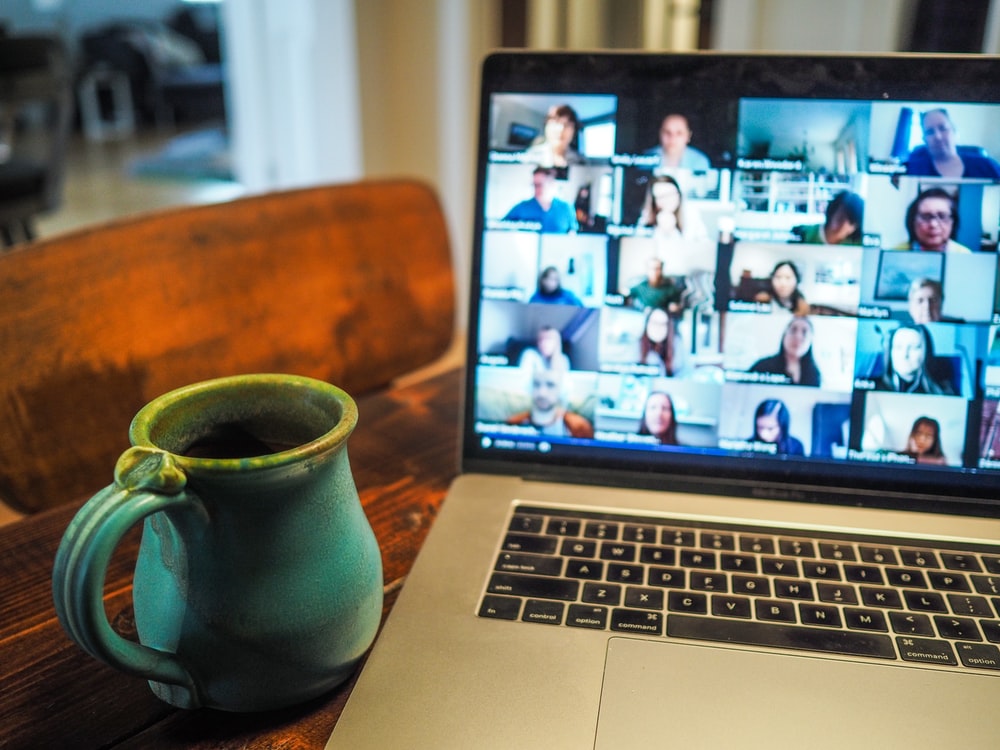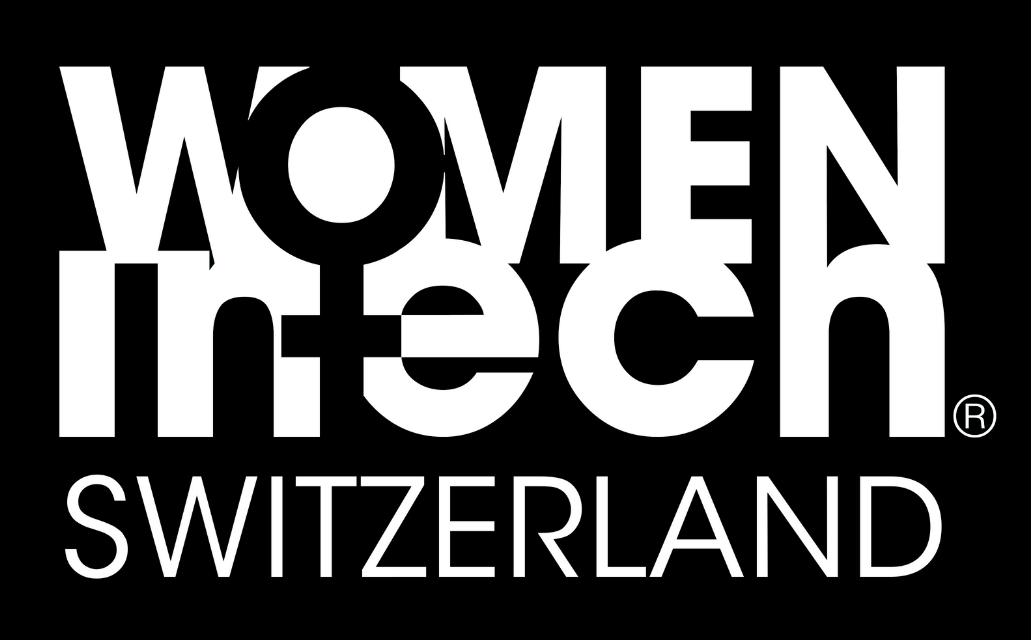Nikki DeAngelis serves as an inspirational leader in several ways: by her leadership in cancer research and development (R&D) , by her work in helping other women to succeed, and by demonstrating how to overcome challenges and adversity on the way to high achievement. World Woman Hour in collaboration with Johnson & Johnson honors her for all these reasons. Nikki works at Johnson & Johnson, where her title is Compound Development Team Leader. The “compounds” are the chemical and biological compounds to treat cancer that we’d usually call drugs or medicines. Nikki’s role is overseeing the development of potential new medicines, from initial lab work through clinical trials to widespread use for patients in need.
It is perhaps an unusual role for someone who, as a young college student, first showed interest in biology-related fields like sustainable farming (which she studied on an academic trip to Africa). Then again, Nikki’s story demonstrates that a woman’s search for her true calling may often take unexpected twists. You can read about it in these highlights from her interview with World Woman Hour.
Q: What led you along the journey to where you are today?
Nikki DeAngelis: Growing up, I loved school and my parents were both educators, so I knew that I would be a lifelong learner. In high school, I took a biology class, and from that point on, I was hooked because science is cool!
In college, I pursued a degree in biology. But the first physics and calculus courses were really a struggle for me, so I went to my advisor to get some guidance. He told me that if I was not doing well in math and physics, I should consider another career path. I was devastated and frustrated by the lack of support and ended up taking a leave of absence for school, to try to sort out what I would do next. Fortunately, I had some amazing women around me to lift me up and say “You can do this.” I ended up completing a degree in biology, with the right support system around me, and going on to get a post-baccalaureate position at the National Institutes of Health.
Sadly, while I was there my grandfather passed away from colon cancer. He’d been a very important person in my life. Watching the physician-scientists help enroll my grandfather in clinical trials sparked my interest in pursuing an advanced degree, to try to create therapeutics that could help other patients. I went on to get a master’s degree in Bioscience Technology and started working in a pharmaceutical company as an intern, doing drug discovery. That’s where my passion for working in the oncology space really picked up. So, while working full time at Johnson & Johnson, I decided to return to school once again to earn my Ph.D. and studied immunotherapy to help cancer patients.
From there I continued to progress within the company—and that’s how I came into the position I am into today.
Q: Could you share what you’ve learned about dealing with failures and setbacks?
Nikki: One thing I want other women to know, who are thinking about going into the sciences or any career, is that there is no one correct or linear path. Often we are faced with adversity or failure, or we need to take a break for our mental health. And if that happens it doesn’t preclude you from going on to do amazing things. It’s important to take the time to take care of yourself and then set your sights on what’s next.
Q: Is there a particular failure or a particularly challenging time you’d care to tell us about? How did you manage your way through it?
Nikki: The definition of what we perceive as a failure varies from person to person. I will speak openly about one of mine. At the start of my PhD program, I was married with a small child. About a year into the program, I went through a t a divorce. At that time, I really felt that I was failing as a mom, because I had had a different image of what it would look like for my son as he grew up.
Often we don’t talk about our family life or personal stories at work, or they kind of seem separate from your career. But when I was in the middle of all this—the divorce and raising my son, while starting a Ph.D. and working at Johnson & Johnson, too—I needed the support not only of my family and friends but also of my co-workers.
At first, I felt a bit nervous about sharing what I perceived as my failure in life. But as I started talking to my female colleagues at work, they really helped to pick me up. They said “You can do this. Don’t you dare give up on school. We have your back, whatever it takes,” and they showed up for me in so many different ways which ultimately helped me to achieve my goals.
For me, the biggest lesson was just not being afraid to share what was going on in my life,. No one’s perfect and nothing is perfect. And when I finally graduated, my son gave an amazing speech about what it was like to witness his mom doing all of that schoolwork as a single mom in addition to work, and that he was so proud of me and the life we created. That was about the greatest reward I could ask for.
Q: What can be done to increase the representation of women in science and innovation?
Nikki: In the field of drug discovery and development, we’re continuing to see a strong representation of women working in the labs as researchers or lab managers. And we’re starting to see improvement in women advancing beyond those levels, to research directors or higher, but we have not yet reached equality in the higher-level roles. . So I think the biggest need is in that area—identifying women, early on, who have potential to move to higher levels and helping them to progress in their careers with support and mentorship. When I was working in the oncology lab, 10 years ago, I really wanted to see more women in leadership roles. At the time there was only one female vice president in my organization. So I formed an oncology women’s mentoring circle, where we created an environment to share our experiences and support each other’s personal and professional growth. And we’ve seen great progress over the years. We have increased the number of women in the VP seats, and we need to continue to build the next generation of female leaders.
Q: How do you see the future of medicine developing? Especially in terms of the roles that women can play?
Nikki: In the future, I would hope to see diverse teams, led by strong female leaders who encourage creative thinking and embrace risk-taking to solve scientific problems. I think that when we have diverse perspectives, we can come up with the best creative solutions for patients who need them.
. Black and Hispanic women are underrepresented in science jobs. It’s critical that we support Black and minority women both in scientific research and in clinical health care, so that when girls enter the medical or science field, they can see themselves reflected and know that they belong
As part of our Oncology Research and Development Diversity, Equity, and Inclusion Council at Johnson & Johnson, we are helping to prepare the next generation of leaders through programs like fellowships and internships to support Black and Hispanic medical students and future scientists. In addition to fellowship and internship programs, we are focused on building a pipeline of talent across all levels of career development. I am proud to lead our High School Outreach Initiatives to help introduce science careers to students. Girls who are introduced to science at an early age—and who see that science is cool—can help us transform the future of medicine.
Q: Finally, your best advice to girls and young women just starting out?
Nikki: Don’t let anyone else define you. Or tell you what you are and are not capable of. I was very fortunate to have a mom who told me that I should never live my life for anyone else and just to continue to believe in myself. Failures and setbacks will happen. How you respond to them is what will define you.

